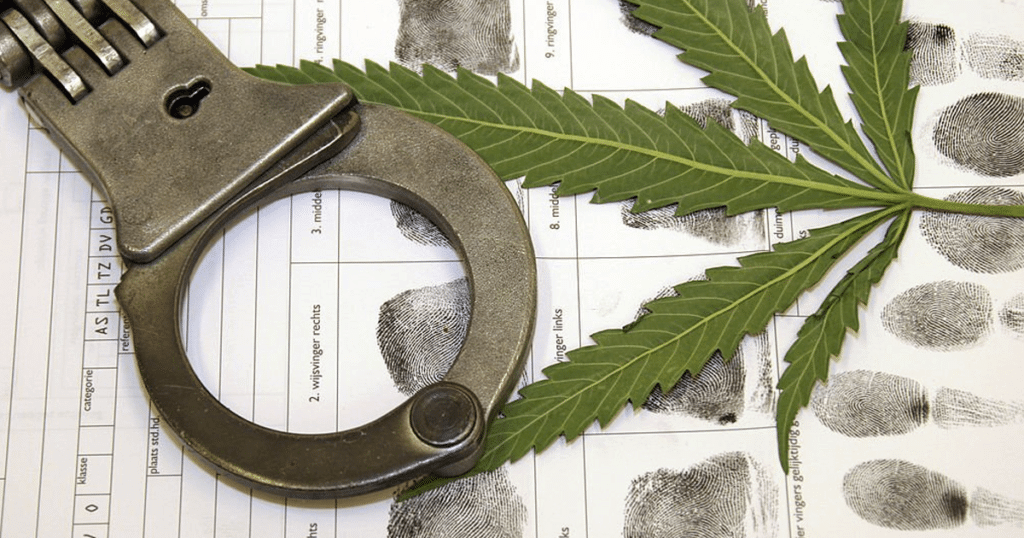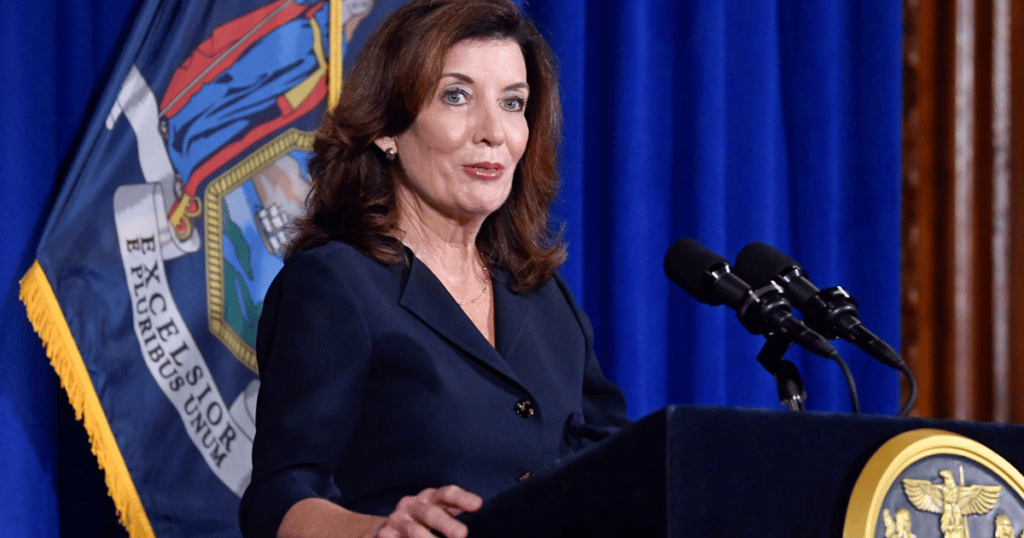In addition to appointing a minority-led investment team to oversee a $200 million social equity fund, governor Kathy Hochul (D) formed a 20-member advisory group to help develop a social and economic fairness plan. Prior to the formation of this group, Damian Fagon was appointed as the New York State Cannabis Control Board’s new Chief Equity Officer. Both are essential stages in creating a cannabis market that is diversified and profitable for New York State while also achieving the state’s goal of issuing 50% of adult-use licenses to equity applicants.
Restorative Justice For New York State Minorities
New York State’s adult-use cannabis industry is set to bring in billions of dollars in revenue, and the state wants to ensure that conglomerates, industrialized cannabis operations, and historically privileged peoples do not dominate the industry.
Previously, the possession or distribution of marijuana carried heavy punishments and people of color disproportionately bore their weight. In an attempt to rectify historical injustices, the New York State Cannabis Control Board is seeking to offer 50% of adult-use cannabis licenses to individuals they define as “equity applicants.”
Equity applicants are (per the State of New York via Bloomberg):
- individuals from communities disproportionately impacted by the enforcement of cannabis prohibition;
- minority-owned businesses;
- women-owned businesses;
- distressed farmers; and
- service-disabled veterans.
Extra priority will be given to an applicant who:
- is a member of a community disproportionately impacted by the enforcement of cannabis prohibition;
- has an income lower than 80% of the median income of the county in which the applicant resides; and
- was either convicted of a marijuana-related offense prior to the effective date of the N.Y. Cannabis Law or had a parent, guardian, child, spouse, or dependent, or was a dependent of an individual who was convicted of a marijuana-related offense prior to the effective date of the N.Y. Cannabis Law.
Any investor must also be aware of the state rules when working with a social equity applicant.
A social equity applicant must own at least 51% of any firm asking for a cannabis license in New York. “Real, substantial, and ongoing” ownership is required. The candidate for social equity must possess and use the power to independently direct the enterprise’s daily business choices. The person or organization applying for the license must be legally permitted to work in the state, as well as be independently owned and managed. The individual or corporation in question must also be classified as a small business.
Like all licenses, there are rules that applicants or recipients must abide by. Within the first three years of issuance, social equity permits cannot be exchanged or sold. Any exceptions must first have the CCB’s written approval. The number of employees for delivery companies will likely be limited to 25 to prevent big businesses from entering the market right away. The application fee for a medical license was $10,000, which is non-refundable, and the registration fee was $200,000, which is refundable if the license is not approved. However, costs may be waived for candidates who meet social equality requirements.

The Chief Equity Officer
Recently, governor Kathy Hochul committed $200 million to help social equity candidates establish adult-use cannabis enterprises. New York medical marijuana enterprises will raise around $50 million, while private investors will contribute $150 million. Out of this $200 million comes a new position: Chief Equity Officer.
The Chief Equity Officer is required by New York’s adult-use marijuana statute to support the creation and implementation of the social and economic equality strategy and to oversee its compliance. His name is Damian Fagon, and he’s an upstanding member of the New York State Agricultural community.
“Damian’s background as a leader in New York’s Black farmer community, his knowledge of the industry, and his efforts to support farming communities around the world uniquely position him to develop our equity program,” says Cannabis Control Board Chair Tremaine Wright.

Additionally, Fagon has partnered with Jamaican castor oil manufacturers, Sierra Leonean rice farmers, Guatemalan coffee exporters, and New York and South Carolina hemp businesses. His wealth of experience and knowledge make him an excellent choice for the position, and we hope to see him use his role to create equity and justice in the cannabis industry as it blossoms.
The state’s authorities have cautiously entered the recreational marijuana market. They have seen the difficulties encountered in other jurisdictions, such as California, where tiny cannabis businesses have been forced out and a sizable black market has formed to dwarf the tax-paying legal industry. New York wants to avoid that fate.
In order to ensure that its businesses thrive and establish solid foundations before sophisticated, multi-state cannabis operators enter the market, New York is giving initial recreational licenses to modest, social justice applicants and requiring them to have proven business expertise.
The Chief Equity Officer is just another step in the right direction for New York State’s burgeoning cannabis industry.
Enjoyed that first hit? Come chill with us every week at the Friday Sesh for a freshly packed bowl of the week’s best cannabis news!

















